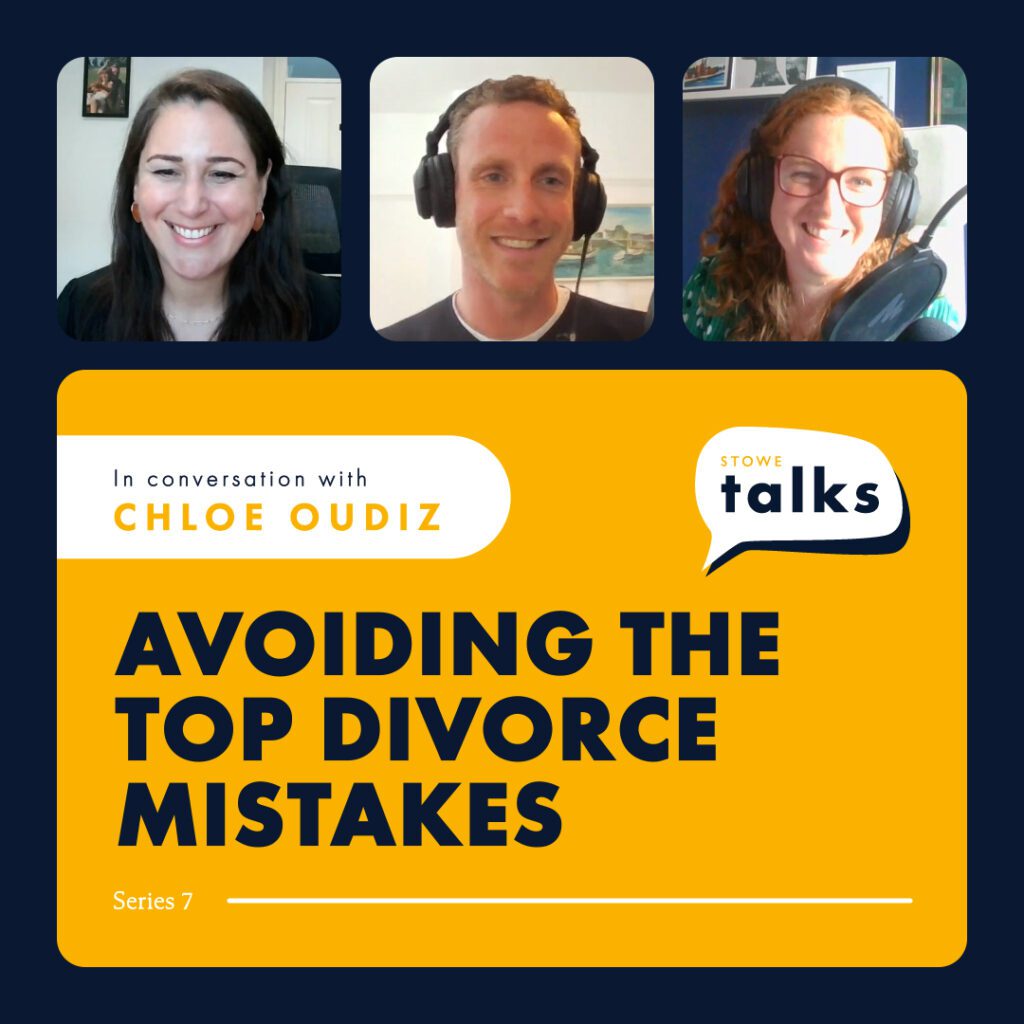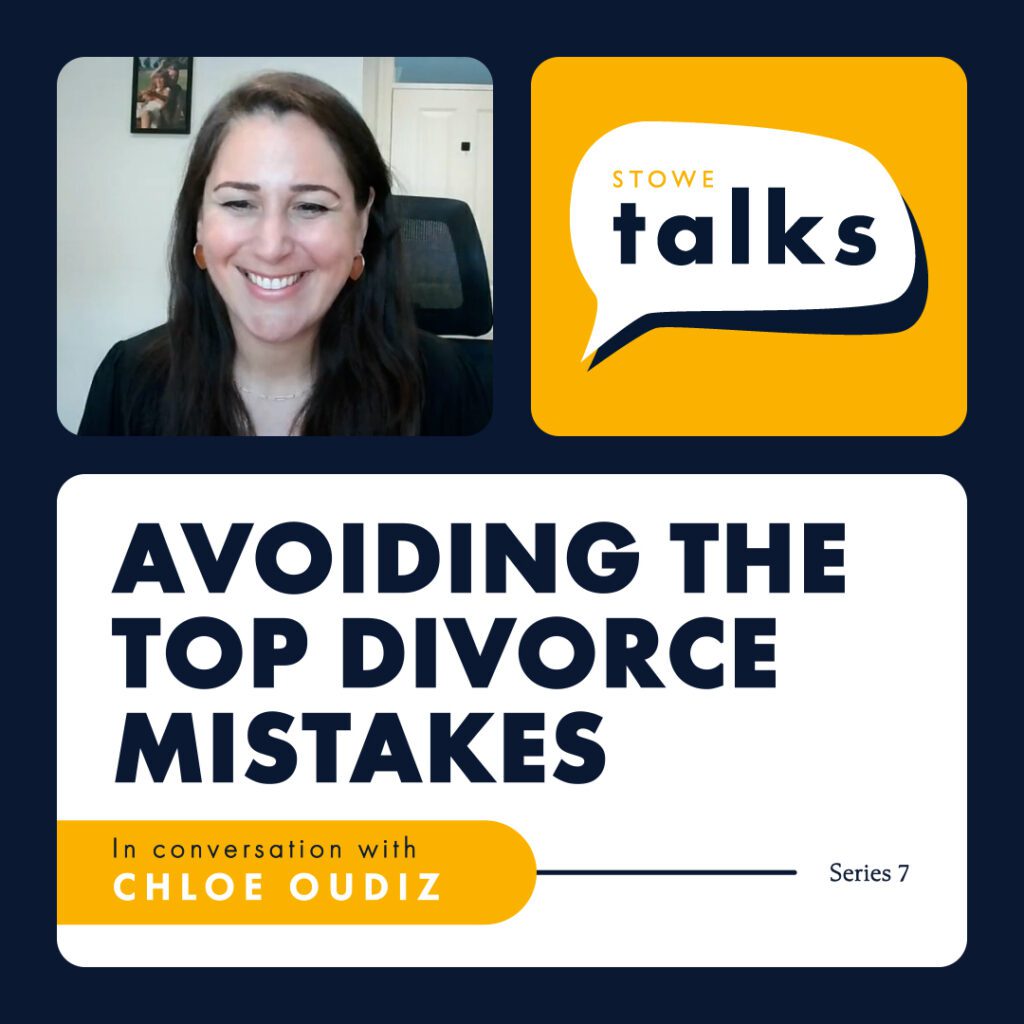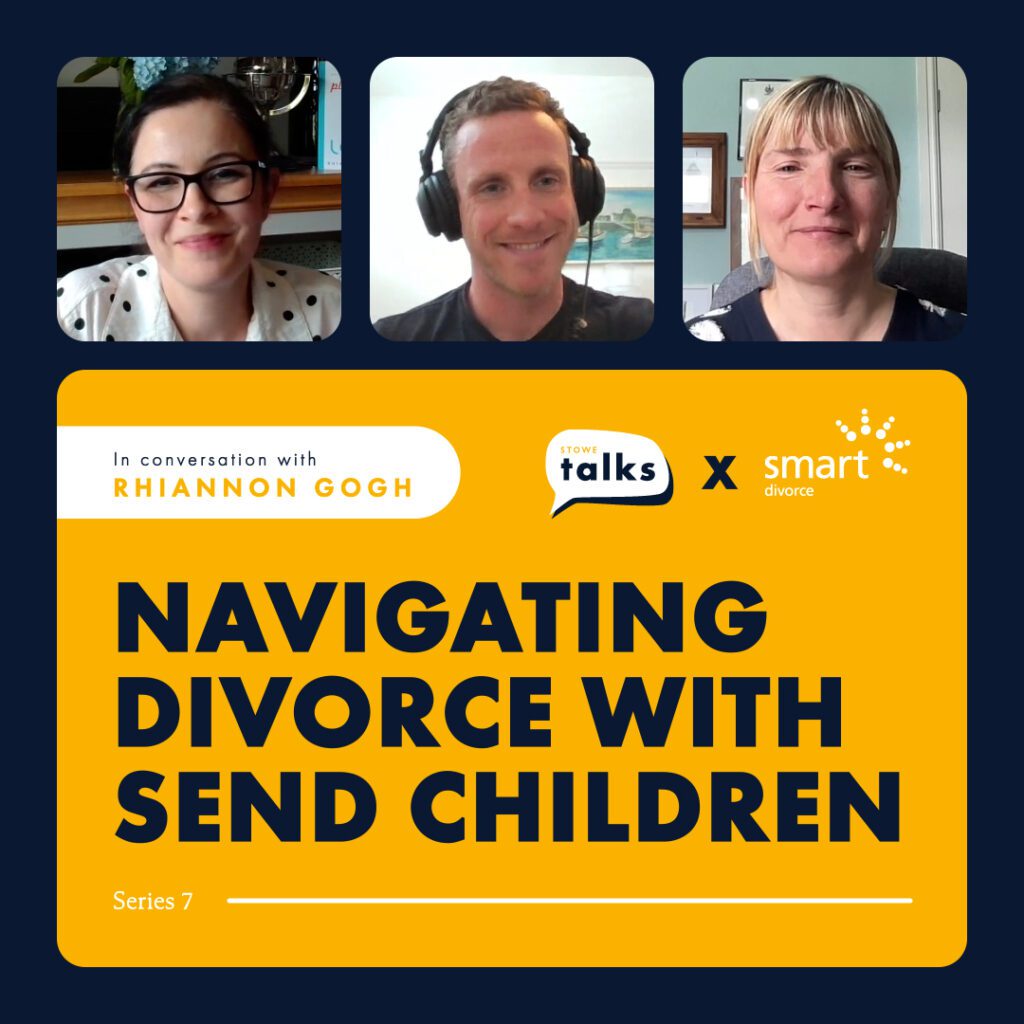Categories to guide you
Popular Advice Topics
Featured advice
The term ‘matrimonialisation’ has become widely used in family law circles, especially in recent months with the culmination of the Standish v Standish case in which a couple battled over assets, one arguing that they had become ‘matrimonialise
Open article
Latest advice
The term ‘matrimonialisation’ has become widely used in family law circles, especially in recent months with the culmination of the Standish v Standish case in which a couple battled over assets, one arguing that they had become ‘matrimonialise
Journeys to parenthood can take many different roads, and for various reasons some individuals or couples will choose or need to go through sperm donation to successfully have a child. Sperm donation works through men donating gametes which can then
Genevieve Gresset, an expert relationship coach, explores what growing apart is and if it does really need to mean the end of your relationship.
After working with couples for over thirty years, I can tell you this with certainty: most relationshi
Upcoming events
Popular advice
Podcast
Ask a family lawyer – LIVE
There is a misunderstanding that pensions are not part of the joint matrimonial pot when it comes to separating finances on divorce. Statistics show that only around 12% of financial consent orders contain a pension sharing order, whereby the separat
Cohabitation has been the fastest growing family type in the UK for several years. Couples are less concerned about making those relationships ‘legal’ through marriage or a civil partnership.
Cohabitation is not a legal status. Whilst there is
Blog
The remarriage trap
The remarriage trap is sadly not the sequel to the Parent Trap, the famous Lindsay Lohan movie where twins separated because of their parent’s acrimonious divorce meet by chance and end up trying to get their parents back together. It is, in fact,
Genevieve Gresset, an expert relationship coach, explores what growing apart is and if it does really need to mean the end of your relationship.
After working with couples for over thirty years, I can tell you this with certainty: most relationshi
Journeys to parenthood can take many different roads, and for various reasons some individuals or couples will choose or need to go through sperm donation to successfully have a child. Sperm donation works through men donating gametes which can then
Divorce, despite being a common occurrence in contemporary society, remains one of the most emotionally taxing experiences a person can endure. It’s a life-altering event that brings about significant changes, not just in your personal life but in
Anyone can experience loneliness. Whether alone or in company, we each have different reasons for feeling lonely. However, if chronic or long-term loneliness is left unresolved, it can begin to impact our mental health.
Divorce or separation mea
From 1st April 2025, for the second consecutive year, the Ministry of Justice has confirmed that Family Court fees in England and Wales will rise.
In line with the Government’s proposal that court and tribunal fees should increase to reflect th
Book Your Free Callback
- Enter your details
- Book your free, no-obligaton callback
Or call us now to speak to a member of the team immediately:
Please note that we cannot offer Legal aid.
Close
Newsletter Sign Up
Sign up for advice on divorce and relationships from our lawyers, divorce coaches and relationship experts.
Privacy Policy



















